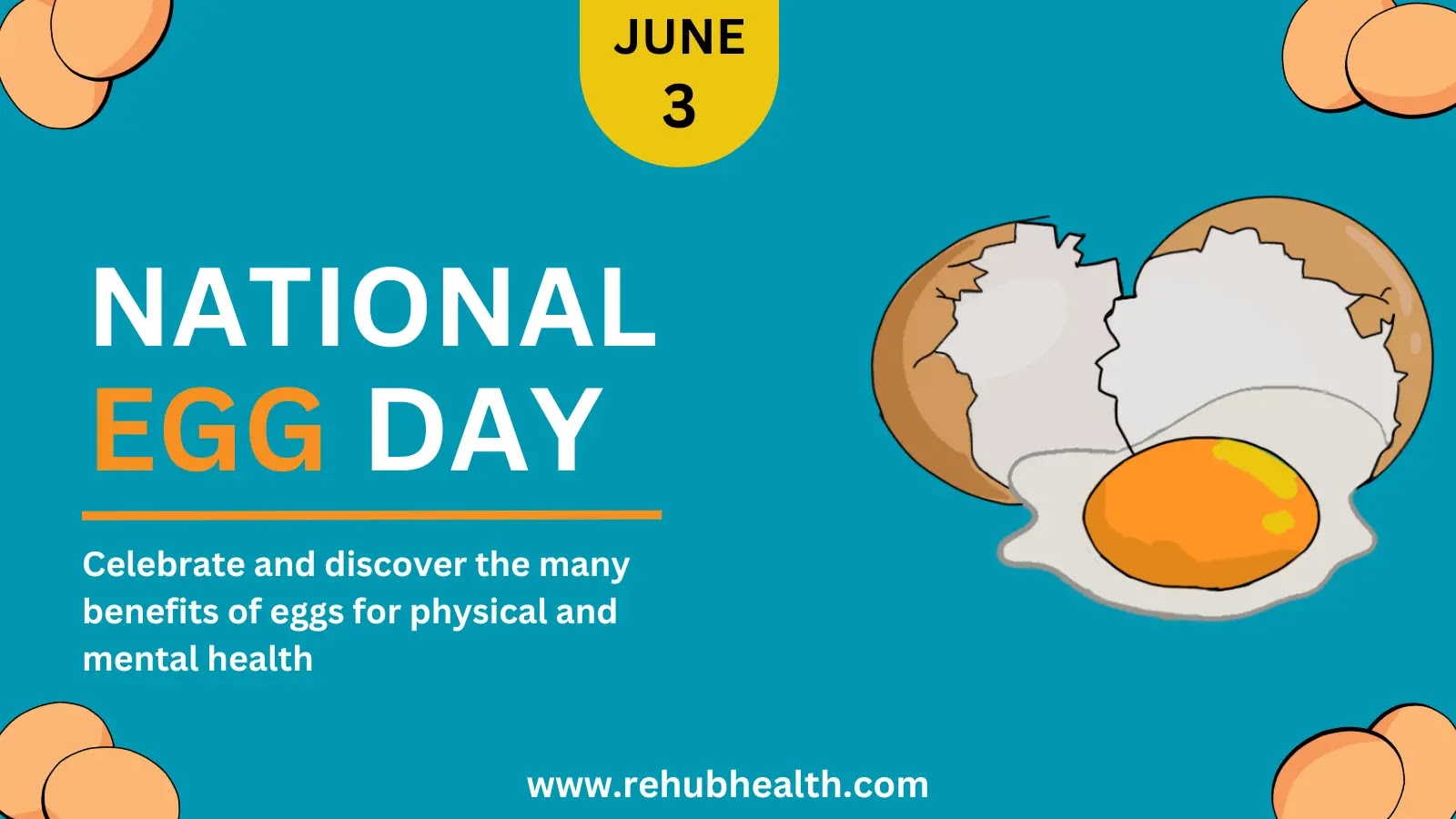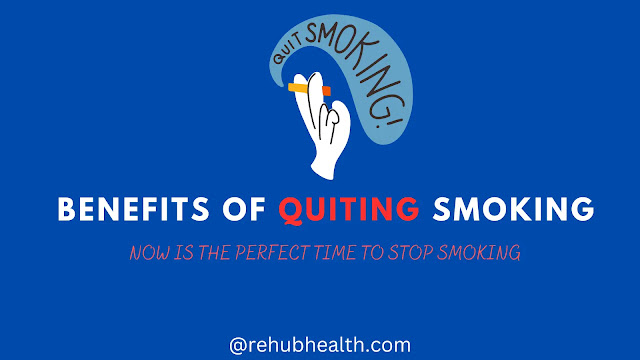Managing medications during Ramadan fasting
Overview
During Ramadan, some patients-without medical advice-change the dates of their medications, their quantity, and the interval between taking the medication! Which may lead to a change in the effect of drugs on the body! So which diseases need to reorganize their medications by the dates of meals during Ramadan And how is this regulation done what medications can be taken during the day of Ramadan and not cause a break in fasting.
For medications taken several times during the day, recommended strategies include changing dosing regimens to once or twice a day, especially in some chronic conditions, including Parkinson's disease, thyroid disease, and heart disease.
For short-term conditions that require treatment, such as antibiotics for infection, or non-steroidal anti-inflammatory drugs for pain, drugs with a single dose per day should be selected.
During fasting, non-oral dosage forms such as injections, inhalations, suppositories, and eye/ear drops are usually allowed.
In certain cases such as migraines, you should pay close attention to avoiding headache triggers, as suhoor should always be eaten in the morning, stay well hydrated in the evening hours, and stay away from the heat as much as possible.
For hypertensive individuals, doctors should educate their patients to avoid dehydration, monitor blood pressure regularly and monitor signs of hypotension such as dizziness and vertigo.
As for diabetes, it is one of the most difficult cases to deal with during Ramadan, and diabetics require careful monitoring! According to the National Center for Biotechnology Information, most Muslim patients with Type 2 diabetes (86%) and almost half of the patients with Type I diabetes (43%) fast.
Medications allowed during fasting
- Eye drops and ear drops.
- All substances that are absorbed by the body through the skin, such as creams, ointments, patches, and medical plasters.
- Injections through the skin, muscles, joints, or veins, excluding parenteral nutrition.
- Nitroglycerin tablets are placed under the tongue to treat angina.
- Mouthwash, gargle, or oral spray, provided that nothing is swallowed in the stomach.
- Nasal drops, nasal sprays.
- Inhalation devices.
Medicines for hypertension
It is better to take hypertension medication at the time of Iftar or at the time of Suhoor.
Diuretics are preferably taken either with breakfast or about two hours after breakfast.
If you are using a beta-blocker medication (for example: metoprolol, carvedilol, bisoprolol you should take the medicine on an empty stomach / at breakfast time.
Asthma medications
A patient using an analgesic spray should take the medicine whenever needed, even if it is during the day of Ramadan.
If you use a prophylactic inhaler, do it at Suhoor and Iftar.
Medicines for high cholesterol
Medicines for high cholesterol are given once a day, so it is preferable to take the medicine at the time of suhoor or at the time of Iftar.
Avoid consuming large amounts of pompous juice.
Levothyroxine for the thyroid gland
Levothyroxine is a thyroid hormone in the form of tablets used as an alternative therapy to treat patients with hypothyroidism. During Ramadan, tablets should be taken once a day before breaking the fast.
Anticoagulant drugs
Most anticoagulant drugs are given once or twice a day, so you can take the medicine at Iftar time or at Suhoor time.
It is important to take this medication exactly as required, because too much medication can cause unusual bleeding, and too little can cause blood clotting.
Medicines for the treatment of epilepsy
Patients with conditions such as epilepsy should consult their doctor about rescheduling their treatment appointments and their decision to fast during Ramadan.
Epilepsy drugs are usually prescribed once or twice a day because the drugs have a long-lasting effect, and they can be taken after iftar or Suhoor. If a patient has an epileptic seizure while fasting, he should immediately break the fast.
Parkinson's disease drugs
Parkinson's patients need several doses of drugs that replenish dopamine from the body. And their lack of access to medication may lead to the appearance of some withdrawal symptoms, and these symptoms include some motor symptoms and non-motor symptoms such as:
- The pain.
- Tension.
- Depression.
- Shortness of breath.
And these symptoms may develop into life-threatening ones!
Patients who take a single dose of the drug can fast without problems, and some patients may need to change the regimen of taking these drugs, so that they receive a dose of extended-acting medication once a day, or get the dose by skin plasters. Preferably, this change should begin at least two weeks before the beginning of Ramadan.




.webp)

